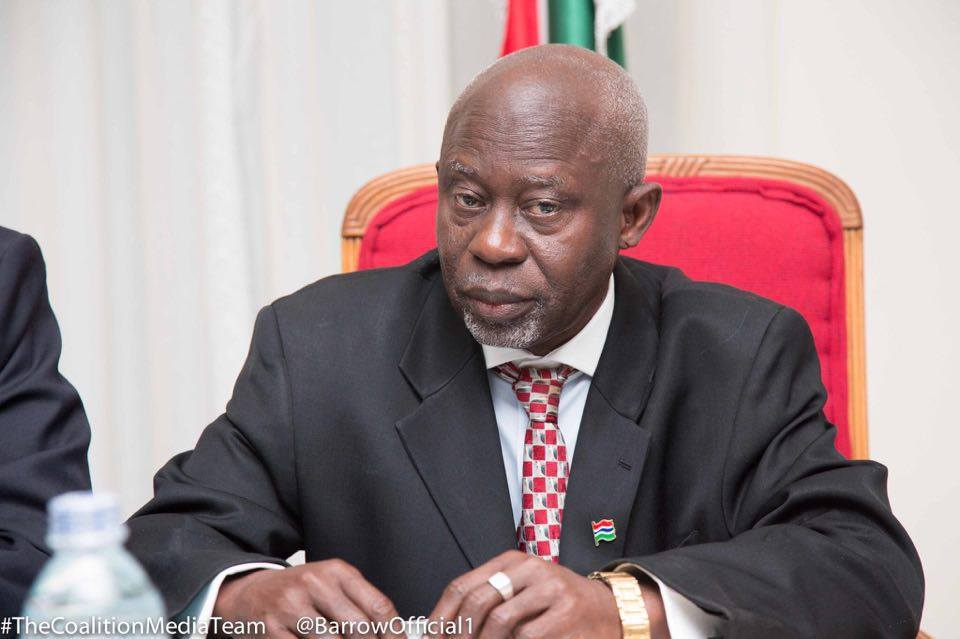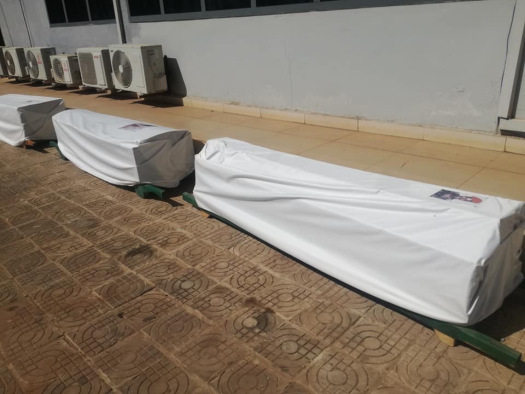Israel Prime Minister Benjamin Netanyahu has repeatedly accused International Criminal Court (ICC) prosecutor Fatou Bensouda of “pure anti-semitism,” comparing the legalistic argumentation she put forward to the anti-Jewish decrees by the villains of the Hanukkah story.
ICC prosecutor Bensouda’s bid to probe Israel for war crimes is being met with intense hostility, including by reporters highlighting her past work for a brutal African dictator
Israel has many detractors, real and imagined, but since Friday the country has a brand new public enemy number one: Fatou Bensouda, the chief prosecutor of the International Criminal Court.
Since announcing her intention to open an investigation into the “situation in Palestine” because she believes war crimes “have been or are being committed” there, the 58-year-old Gambia native has endured a massive wave of criticism.
Bensouda, however, has also faced remarkable hostility from some unexpected corners of the Israeli media. This is not because the press is suddenly supportive of Netanyahu, but instead may have more to do with the fact that her war crime accusations are directed at Israeli soldiers. Since most Israelis have either served in the army or have close family members who served, many here feel personally attacked.
Israeli outlets spilled much ink trying to sully her name, including digging up her “stained past” as a senior official in the government of former Gambian president Yahya Jammeh.
“She served as a legal adviser for one of the most ruthless dictators in the world,” Yedioth Ahronoth — one of Israel’s leading newspapers, and no supporter of Netanyahu, — wrote in a front-page story Monday headlined “The devil from Gambia and the prosecutor from The Hague.”
The article, a brief teaser for the “full story” to be published in the paper’s upcoming weekend magazine, notes that Bensouda’s service for Jammeh’s regime earned her “a fair share of criticism, with many accusing her of turning a blind eye to the atrocities committed by the Gambian dictator.”
In the last paragraph, the authors, in an apparent contradiction of their own thesis, acknowledge that the ICC prosecutor is “continuously praised by many around the world, including human rights groups, as an adamant justice seeker, who works tirelessly to preserve the rights of people even when faced with a dictatorship.” Read the article on page 10





